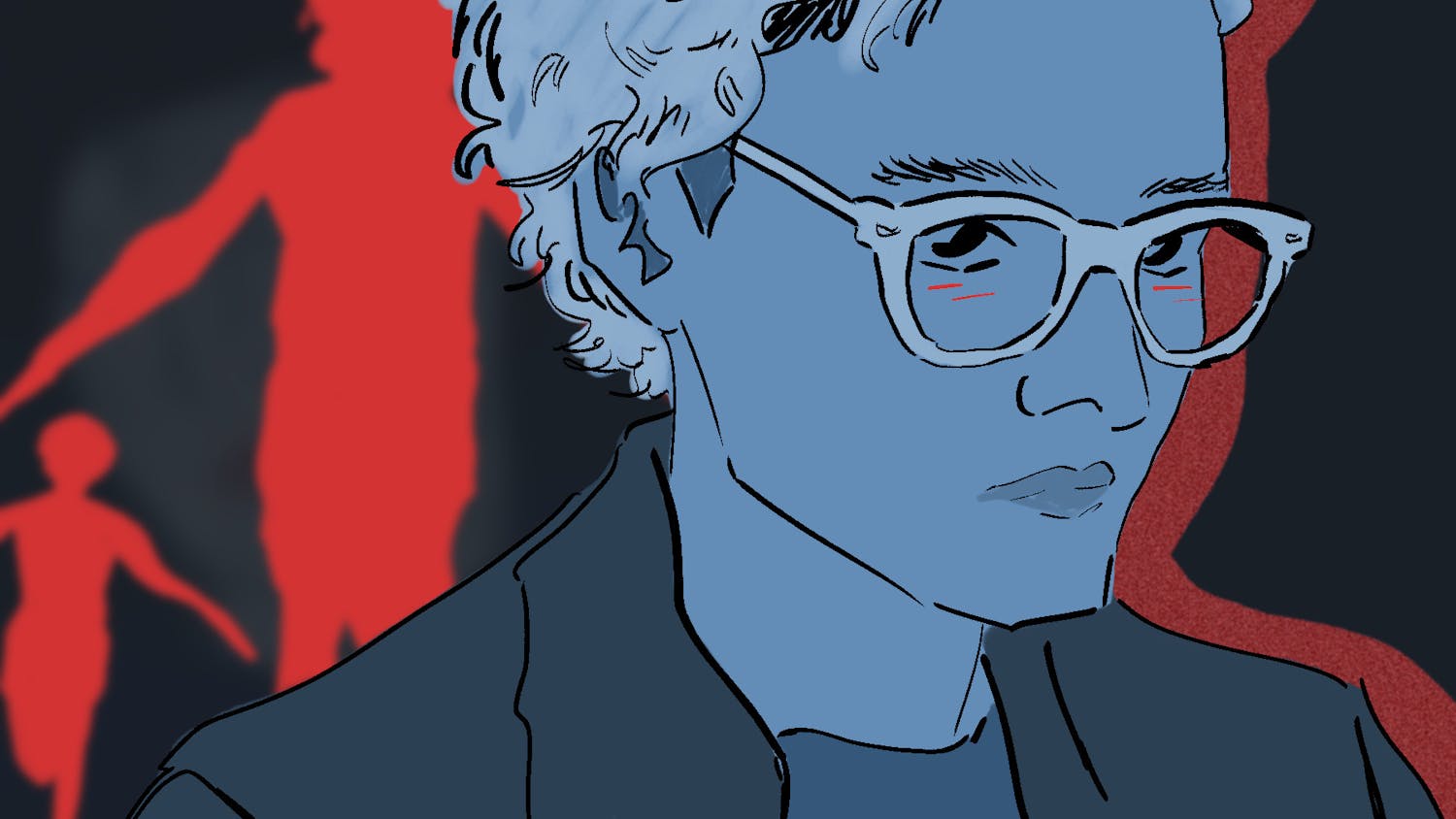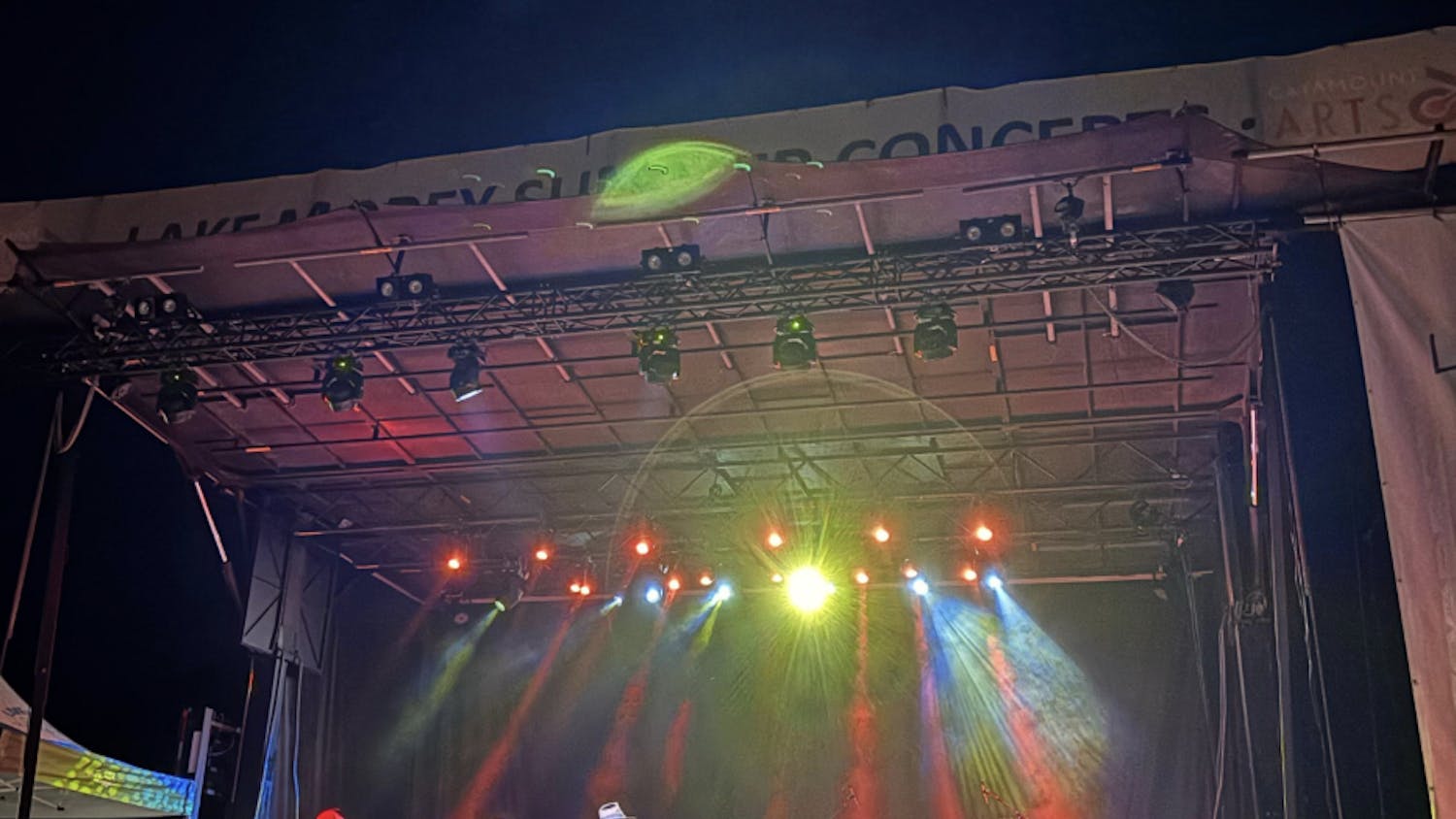The newly released "Ringleader of the Tormentors" is even better.
For those who feared that Morrissey's 2004 return from self-imposed obscurity was a fluke or a footnote in the history of one of the most important alternative rock musicians of our era, "Ringleader" should be the most reassuring release in years.
Morrissey shows that even at age 46 it is never too late to grow and learn. Perhaps the warm reception of "Quarry" boosted Moz's confidence, or maybe his recent move to Rome, where "Ringleader" was recorded, was a much-needed change of scenery. Whatever the case, Morrissey has not made so welcoming and listenable an album in years.
While critics and fans have praised and criticized Morrissey's music over the years, Morrissey has never really been that terrible. The man knows what he is doing; Morrissey on a bad day is still better than most musicians released today.
One factor that sets this album apart is the star producer Tony Visconti, who had a hand in the music of greats David Bowie and T. Rex. Though some may find fault in the slick production, saying it deviates from the indie aesthetic previously prized by The Smiths, I think that Morrissey has never been as purely enjoyable to hear. And it is certainly preferable to the mishmash of instruments that producer Jerry Finn, who has worked with Blink-182 and Sum 41, threw into "Quarry." While Morrissey definitely has not gone "glam rock" on his audience, "Ringleader" is filled with forceful sound and intelligent orchestration and instrumentation from the very first track.
"Dear God, Please Help Me," the second track on the album, brings us back to Morrissey in Rome at his most ecumenically hushed. It begins with the sparse chords of an organ -- somewhat reminiscent of Jeff Buckley's "Hallelujah" -- and then expands with epic orchestration by Italian composer Ennio Marricone, scorer for Spaghetti Westerns like "The Good, The Bad, and The Ugly." The beautiful musical platform gives the sweeping story of seduction and sex a confessional intimacy, as the infamous celibate confides his love life to God and the listener.
It shouldn't be too shocking to any music fan that, as Moz wanders the Eternal City lost in love, the songs reveal that his seducer is male. Critics who proclaim Morrissey finally has gotten laid just in time for "Ringleader," pointing most often to this track, are being ignorant, lazy, or both; the same is true for those who call the album Morrissey's "coming out." Since the era of The Smiths, his lyrics have been filled with sensual come-ons, gloriously ambivalent in whether hetero, homo, or bisexuality (witness "Reel Around the Fountain": "You can pin and mount me/ like a butterfly"). Indeed, in their bluntness, Morrissey's lyrics are decidedly less sexy, less wittily poetic and more matter-of-fact: "There are explosive kegs/ Between my legs/ Dear God, please help me" and later, "Now I'm spreading your legs/ With mine in-between."
Content-wise, there is a shift as well -- Morrissey has finally attained what had beckoned to him from afar and what he himself had yearned for all these years in his twisted love songs. By no means does this mean that Moz will be any more cheerful in the years to come, but there is a certain air of (could it be?) contentedness in the track's closing words: "The heart is free."
Fortunately, Morrissey descends back into the twisted world of his more morbid sensibilities with "You Have Killed Me", the first single off the album. The track is pretty standard Morrissey, although it must be said that fans have not seen much experimentation since his solo debut "Viva Hate" in 1988.
With infectious guitar work that echoes The Smiths' Johnny Marr, Morrissey again gives the listener some of his most explicit lyrics: "I entered nothing and nothing entered me/ 'Til you came with the key." He is not always so oblique, however. Morrissey compares himself to Italian directors Pasolini and Visconti, who were both gay and who used their films to explore the destructive nature of love and sexuality. Throughout the album, Morrissey is wonderfully ambiguous in his embrace of love, whose inseparable counterparts seem to be pain and death.
Love songs that hint at death are alternated with tracks that feature murder as their focus, particularly "The Youngest Was the Most Loved" and "The Father Who Must Be Killed." Both songs feature an Italian children's choir as a chilling and ingenious backup to Morrissey's crooning vocals. Another strong song, "On the Streets I Ran," reminds the listener that while many of the songs feature Morrissey singing "I," it is a complex and ambiguous persona that his music embodies. Critics and fans can try to form a biography from the lyrics, but the effort would be flawed for, as Morrissey wryly sings, "Oh forgive me, on the streets I ran / Turned sickness into popular song / ...All these streets can do / Is claim to know the real you."
The album ends with the oddly cheerful "At Last I Am Born" -- indeed, to long-time Morrissey fans, the optimism borders on disturbing. However, it is a fitting closure that leaves the listener assured Morrissey has much more music to give to the world, and wondering when his next album is going to come out.




